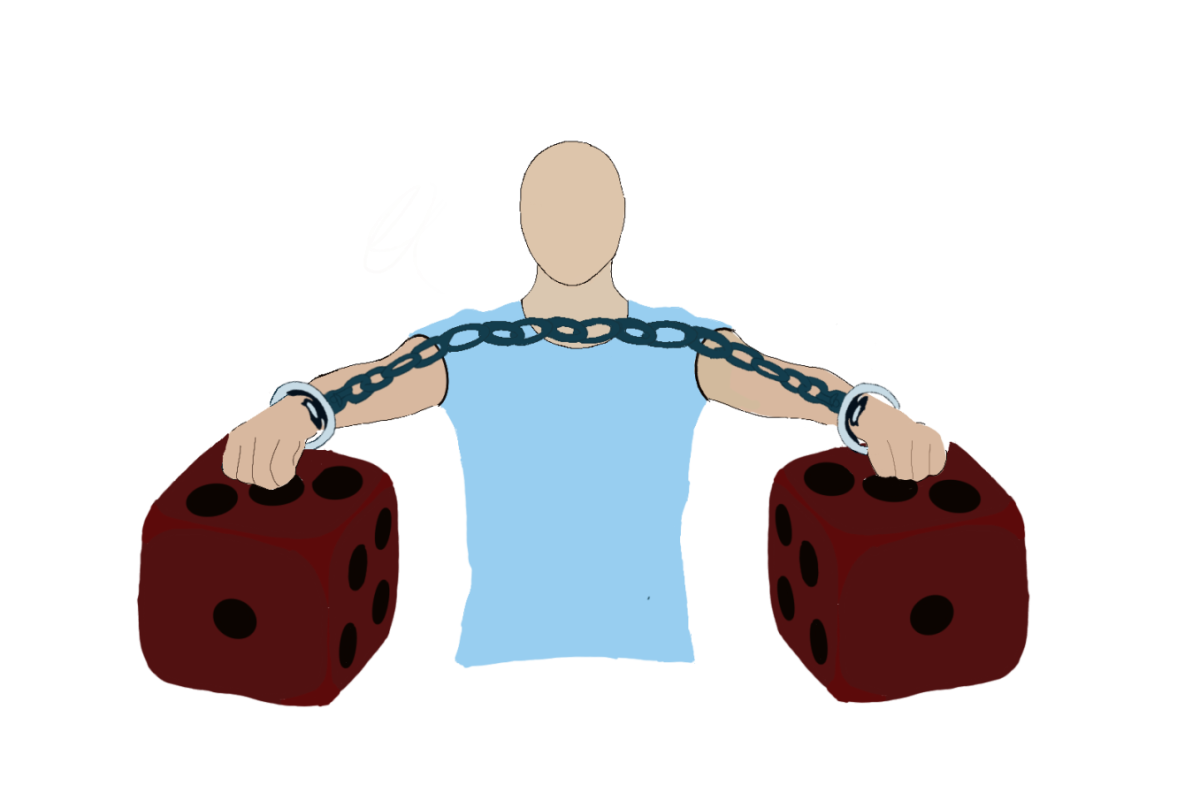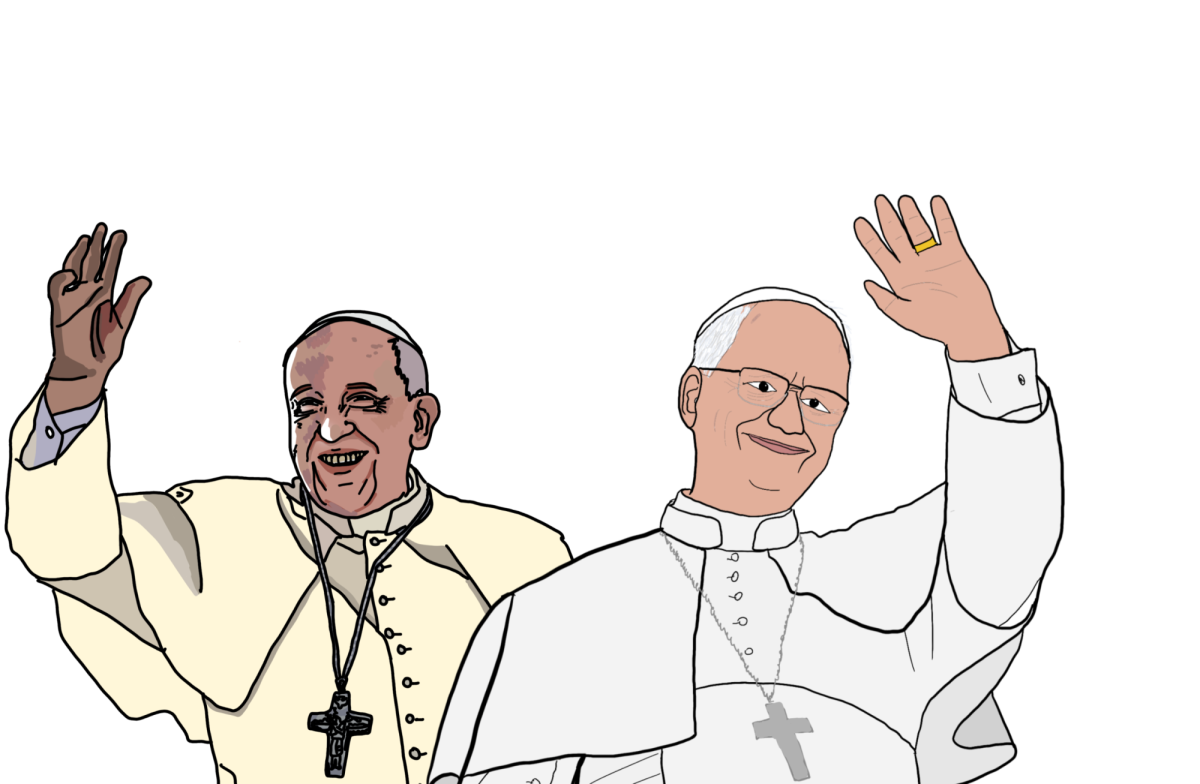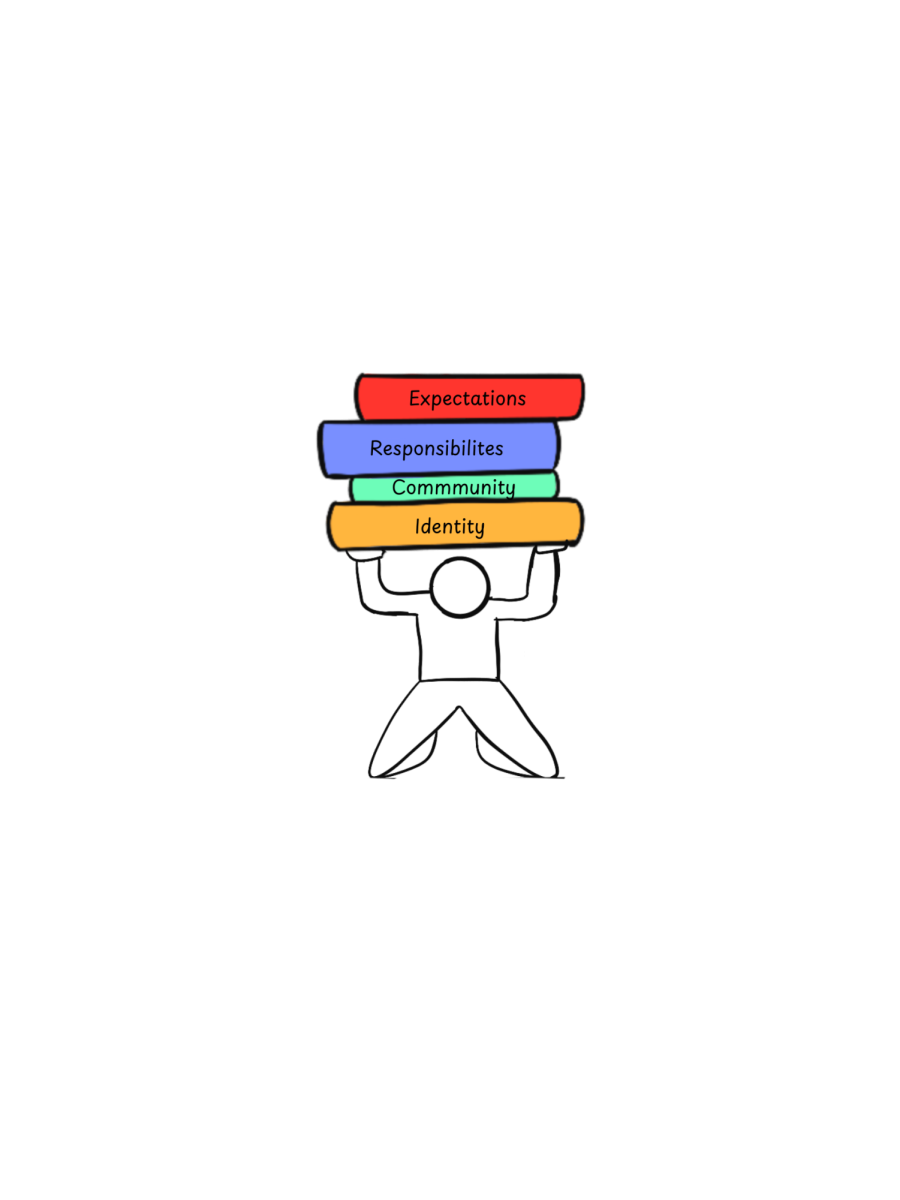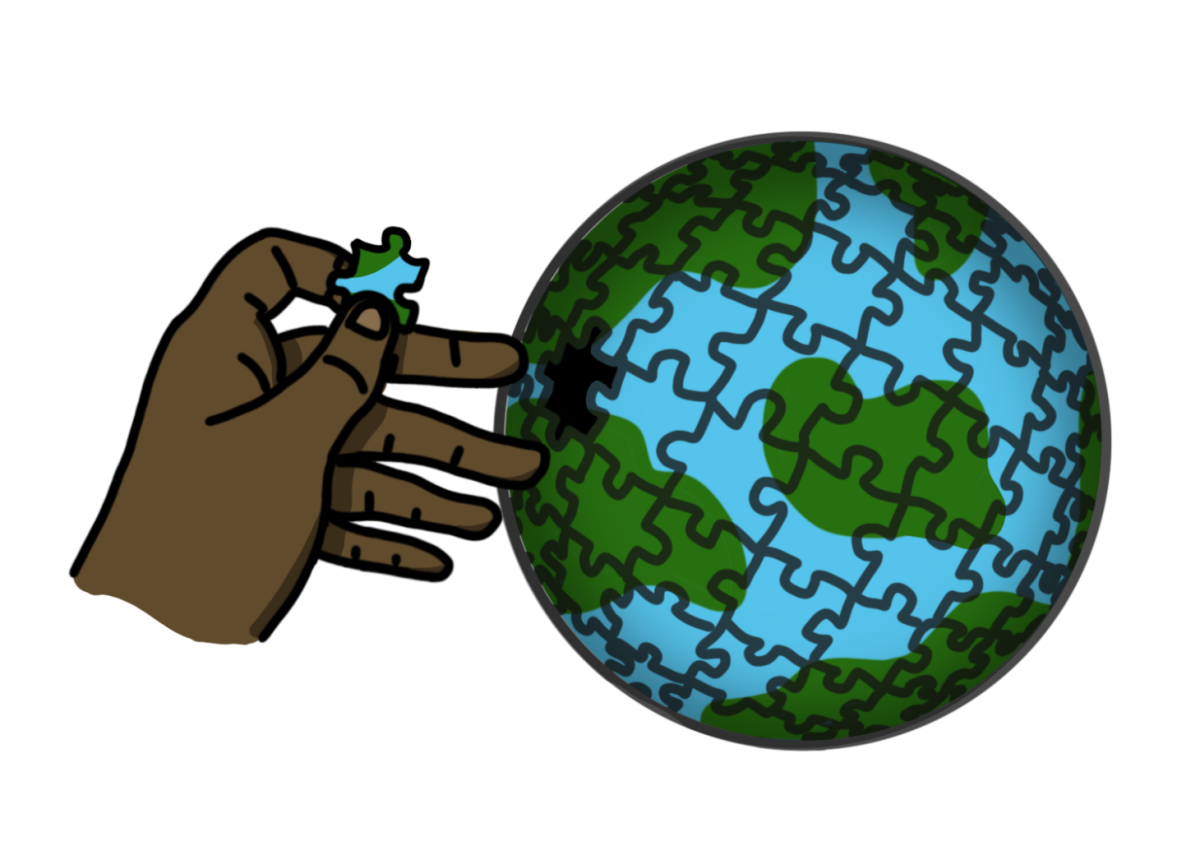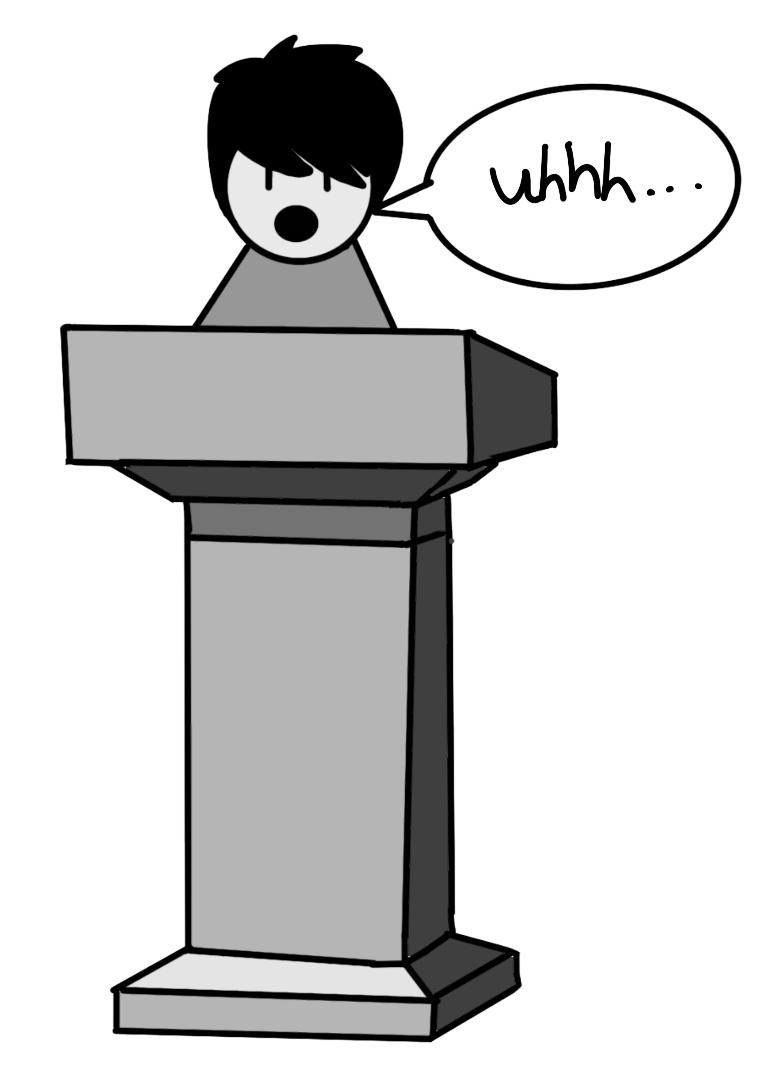So, here we go again.

In the vein of Marine Le Pen in France, Geert Wilders in the Netherlands and Frauke Petry in Germany, the Italian general elections on Sunday skewed hard towards populists, the far-right and skepticism aimed at the European Union. Over half of the votes cast, according to the New York Times, went to populist parties such as the emerging Five Star Movement (M5S) and the Northern League.
But unlike France, the Netherlands or Germany, the entire center appears to have gone under as well. The currently-governing center-left Democratic Party (PD) hasn’t done too badly by itself, but the party coalition it leads is in third place, compared to the right-wing coalition and lone wolf M5S, according to CNN.
In an even more striking contrast, this election, which took a microscope to immigrant and refugee issues, occurred after much of the crises regarding them happened.
Italy has already hit its peak migrant influx, having shrugged refugees off thanks to an Italian-led EU policy of helping Libyan authorities intercept migrants traversing the Mediterranean. Of course, in the cases of all these nations, immigrants have been the easiest scapegoat, but at this point, Italy’s 10 percent foreign population is lower than that of a majority of EU countries, according to PRI.
One would think that this, coupled with the discouraging defeat of populist parties in other European nations, would have simmered down Italian support of similar movements. But instead, it’s clear that this Italian election cycle is a culmination of the far-right movements sweeping Europe these past few years.
This is the election cycle that has seen former Prime Minister Silvio Berlusconi — once the face of Italian politics whom no one could take seriously, and slapped with fraud convictions that bar him from office until next year — turn into the moderate leader of the center-right coalition. In fact, he’s crafted an image of now being so much mellower, it’s totally ordinary for him to sit around cuddling lambs and talking about vegetarianism in a campaign ad, according to Deutsche Welle.
Despite, of course, the glaring fact that he has been making campaign promises of forcibly removing Italy’s 600,000 undocumented immigrants the whole while.
This is the election cycle in which the wild card that is the Five Star Movement gained ground with the youth vote. Emphatically pro-environmental issues and vaguely anti-European Union, it straddles whatever is left of the middle ground between the far right and the center — and then some. The party, founded by a comedian and now led by an anti-establishment 31-year-old, refuses to form a coalition with others, meaning that while it gained a huge part of the vote, it still can’t technically “win.”
This is the election cycle that has seen a spike in politically-motivated violence, and also the one during which, according to the Atlantic, Facebook rolled out a new feature for Italian users designed to combat fake news. A wave of Islamophobic, anti-immigrant and anti-establishment articles followed almost immediately.
And, to round it all off, this is the election cycle in which Russia barely had to meddle in. Berlusconi is friends with Putin to such an extent that he once gifted Putin a duvet with a photo of the pair shaking hands printed on it. And Matteo Salvini, the leader of the Northern League, which came out as the strongest party in the right-wing coalition, is also an ardent admirer of Putin (and also a pal of Le Pen’s).
If the Italian elections aren’t a bellwether for shifting attitudes in Europe — the pendulum swinging back to the far-right just after appearing to have been beaten down — then they are at least a sign of cracks in a facade that leaders like European Commission President Jean-Claude Juncker continue to deny is crumbling. Maybe “Italexit” isn’t going to happen anytime soon, maybe Italy’s immigrant situation won’t change at all, but the reactionary instability whipped up by this election will last. And it may set a precedent to drag others down with it.



